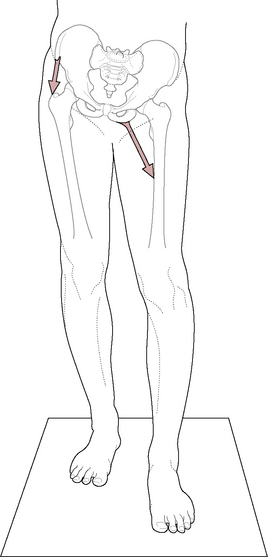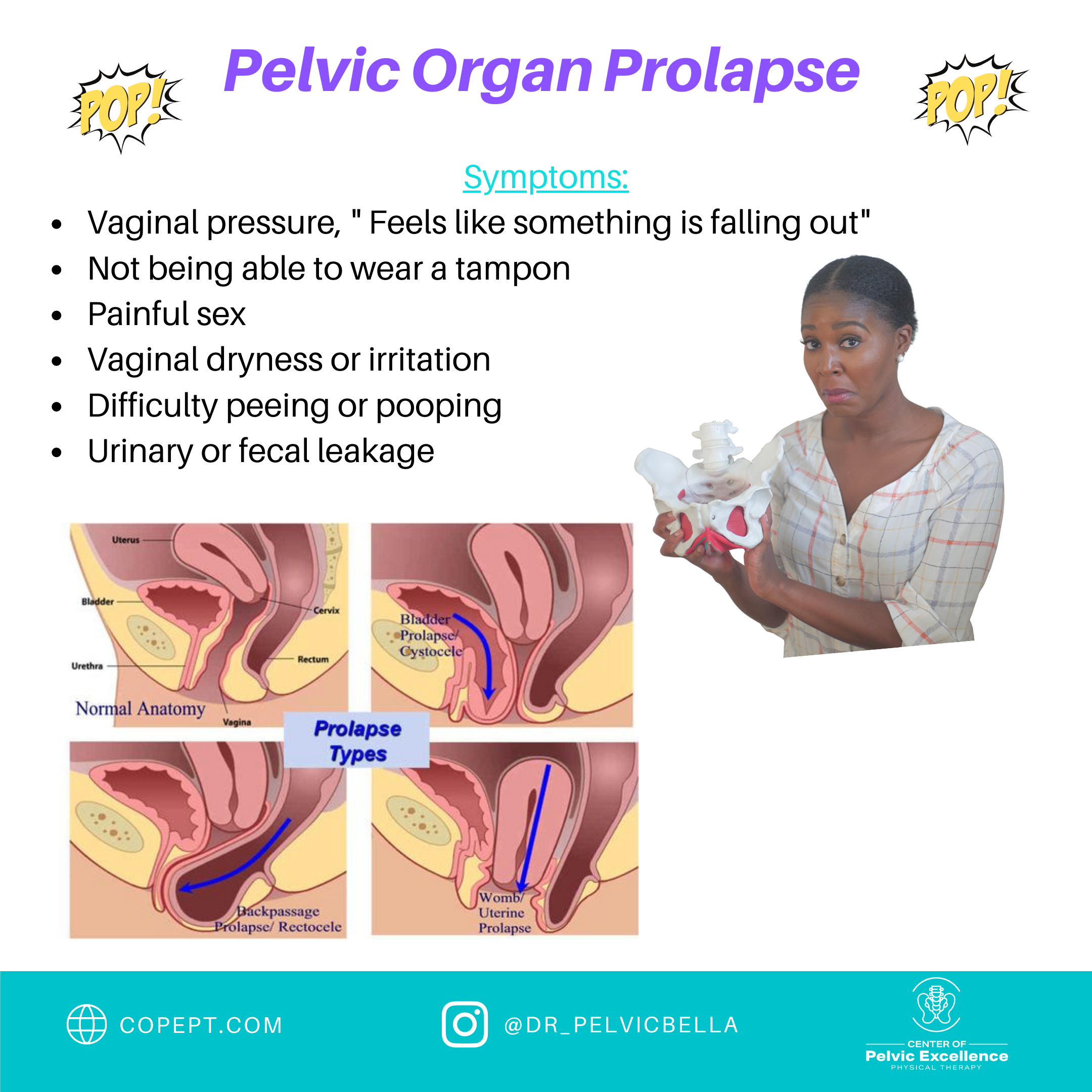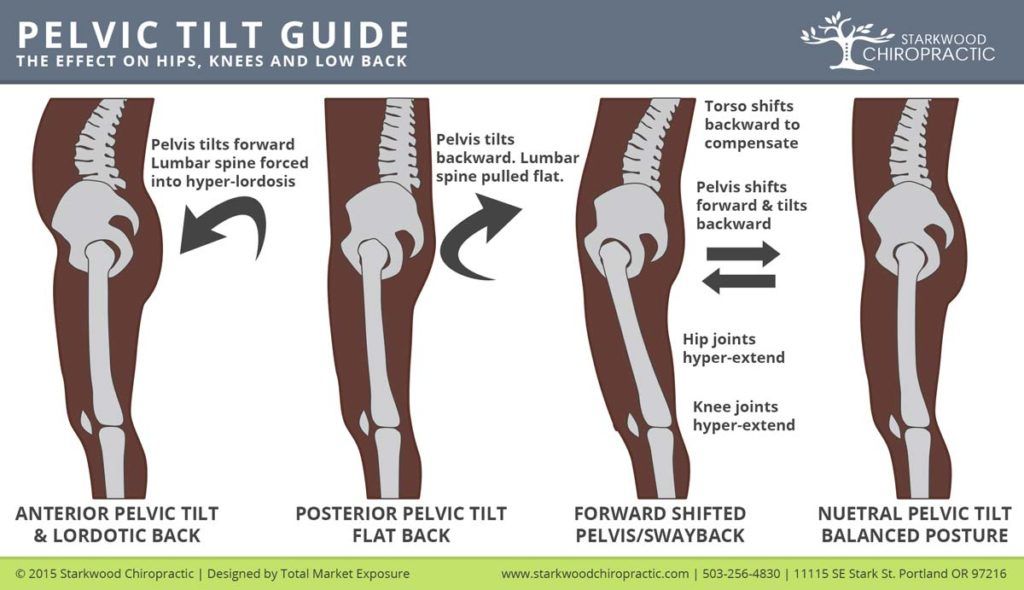

Some women with a retroverted uterus are more likely to experience labor pain in the back. Your third trimester should not be affected at all. The condition can be diagnosed during a pelvic exam or an ultrasound. Those symptoms may signal incarceration of the uterus. pain in your stomach or near your rectum.Let your doctor know right away if you’re pregnant and experience: When discovered early, an incarcerated uterus can be fixed, reducing or eliminating miscarriage risk.

This is known as an incarcerated uterus, and it’s uncommon. If the uterus doesn’t shift forward, your risk for miscarriage may increase. Sometimes this is caused by adhesions that keep the uterus anchored into the pelvis. On occasion, the uterus is not able to not make this shift. This will cause your uterus to lift out of the pelvis and no longer tip backward. Your uterus should expand and straighten toward the end of the first trimester, typically between weeks 10 and 12.

Your doctor may need to use transvaginal ultrasounds during the first trimester to see the progression of your pregnancy. Your uterus may also be harder to see via ultrasound until it begins to enlarge with pregnancy. It can also cause back pain for some women. That may cause either increased incontinence or difficulty urinating. Having a retroverted uterus doesn’t usually affect the viability of a pregnancy.Ī retroverted uterus may create more pressure on your bladder during the first trimester.


 0 kommentar(er)
0 kommentar(er)
